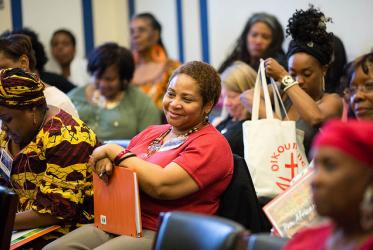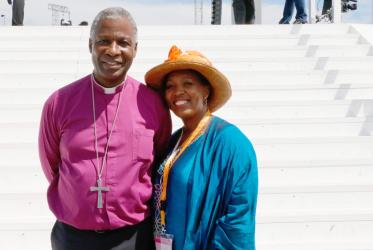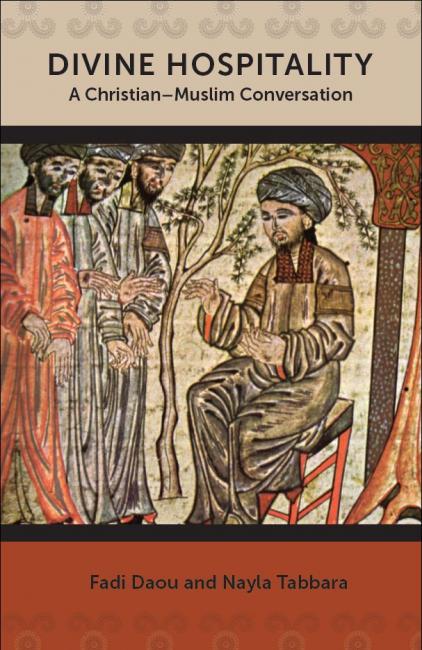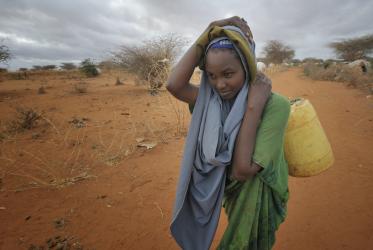Displaying 901 - 920 of 1368
Missional formation for new contexts
15 June 2017
Do we need an ecological reformation?
14 June 2017
Christian and Muslim promote spiritual solidarity
14 June 2017
Applications open for WCC Eco-School
10 May 2017
Ecumenical Patriarch visits WCC
24 April 2017














